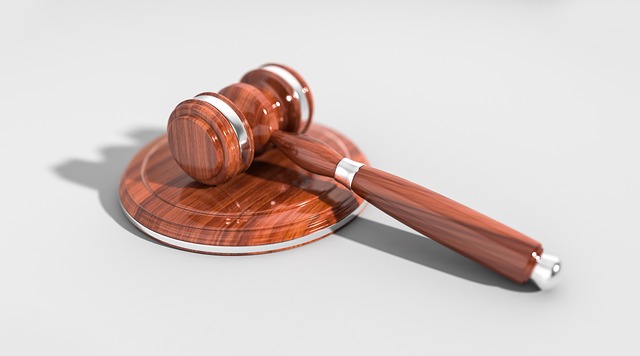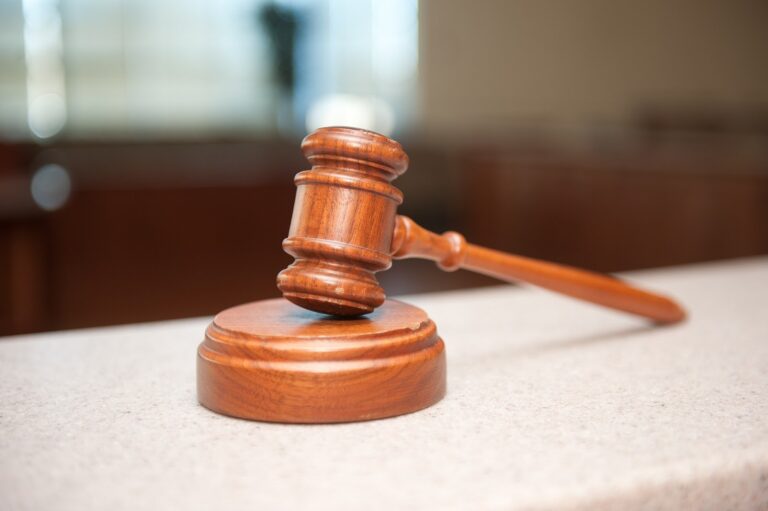Probate Law: The Procedure that the Lawyer Will Follow
When someone passes away, a legal procedure includes confirming and carrying out their will. A decedent with assets to distribute, such as bank accounts, real estate, and financial investments, must go through the probate process. The general administration of decedent’s estate, or their estate in the absence of a will, occurs during probate.
Probate is the examination and transfer of an estate’s assets that belonged to a deceased person in the past. The estate assets may be anything belonging to the deceased that can be a probate for a house or property or any purchases left behind by the deceased.
A probate court frequently examines a deceased property owner’s assets. This court ultimately decides how to divide and distribute assets to beneficiaries. Analysing whether or not the decedent issued a valid will is usually the first step in a probate case.
A probate lawyer is a state-licensed lawyer who can assist the beneficiaries of an estate or the Executor of a Will (if one was appointed). At the same time, they strive to settle an estate by guiding them through the probate process. Their duties could often involve locating and cataloguing the estate’s assets, comprehending and satisfying any debts the estate might owe, allocating and settling the estate, and more.
Commonly, a will names an administrator or executor to finish the probate procedure if there is no will. To do this, it is necessary to gather the deceased’s assets, pay off any outstanding debts from their estate, and then distribute the remaining assets to beneficiaries.
Often, the deceased individual left behind established documentation detailing how their assets should be divided after death. But occasionally, a deceased person leaves no will behind. With both scenarios we’ve listed here, unusual conditions can arise.
The term testator refers to a decedent who left a will. When a testator passes away, the executor is in charge of starting the probate procedure. Usually, a family member serves as the executor. The executor named in the will may also be described in detail.
Probate Lawyer And Attorneys
Probate Lawyers, often known as estate attorneys, assist non-lawyer clients in carrying out their responsibilities as estate administrators, personal representatives, or executors.
They offer them as much or as little assistance as they require as they navigate the probate process. Paying out the deceased’s debts and distributing the estate’s assets in accordance with the deceased’s will or state law are both parts of the probate procedure.
Even though they frequently charge some price for the fundamentals like establishing guardianship, drafting a Will, or writing a Trust, probate lawyers are prepared to assist with estate planning.
Online businesses like Trust & Will make customised Estate Planning simple, practical, and inexpensive without requiring an outside attorney’s assistance (and expense!).
Their duties could often involve locating and cataloging the estate’s assets, comprehending and satisfying any debts the estate might owe, allocating and settling the estate, and more.
Procedure For Probate That The Probate Lawyer Will Follow
A probate lawyer has a broad range of abilities. What the probate lawyer accomplishes will depend on the needs of the executor or administrator, whether the decedent had a will, how complicated the estate is, whether there are legal challenges from beneficiaries or debtors and any other issues with the estate’s assets.
When There Is a Will Probate Lawyer Role
Suppose the decedent has a final will and testament that was complete, valid, and signed before passing away. In that case, the administrator may retain a probate attorney to assist them as they proceed through the steps of the probate procedure in accordance with the will’s stipulations. This is a consulting position.
The probate lawyer may represent a party in probate litigation if there is a challenge to the will if a beneficiary thinks the will is defective, was made under duress, or under the undue influence of another. Someone could seek to challenge being left out of a will. There are several grounds for contesting a will (although most will go through probate without a problem).
When There Is No Will” Process and Procedure with Probate Lawyer
A person is said to have died “intestate” if they did not leave a valid, written will. In that case, who inherits is decided by state inheritance laws. For instance, a surviving spouse may be entitled to all or a portion of their deceased spouse’s assets, depending on their state’s intestate rules. These rules can change a lot.
It’s crucial to remember that both the estate administrator and the probate attorney are required to distribute assets in accordance with state intestacy regulations. State law governs the division of estate assets, regardless of what the deceased individual said while living or how much money some family members require.
In this circumstance, a probate attorney might assist a loved one requesting to be appointed as the estate administrator in court. Alternatively, they might be employed after the probate court judge has appointed the person administrator.
The other relatives of the dead must first grant what is known as Renunciations before a relative can be appointed the estate’s administrator. An official declaration giving up the right to manage the inheritance is known as a renunciation.
A probate lawyer can assist the administrator with the probate procedure after helping to acquire and file these statements with the probate court through a probate lawyer.
Overall Benefits of Hiring A Probate Lawyer
A probate lawyer could be retained just to offer legal advice. Or, they could be employed to do any of the following jobs. When the executor or administrator is out-of-state, they rely more on the local probate lawyer and their staff.
Certain law firms focus on offering complete services specifically for this situation. You can hire a probate attorney. Executors and administrators may find the probate court to be of great assistance. Before hiring an attorney, consider the following:
- Have you ever handled an estate’s probate?
- Can the estate be divided without going through probate?
- Does the probate procedure in your state seem straightforward?
- Will the aforementioned family members get along with one another?
- Is there enough money in the estate to cover its debts?
- You might not need to retain a probate lawyer right away if you respond “yes” to any or all of these questions. You can always hire one if an issue develops later.
- Locate, list, and secure the decedent’s estate, including their savings and checking accounts, goods (also known as real property), automobiles, real estate, and more.
- Determine which life insurance plans to collect on
- Obtain valuations for the estate of the deceased
- the estate’s bank account
- Establish a tax account or work with an internal account to complete the estate tax and final income tax returns for the deceased.
- Assess some debts for authenticity and provide advice on debt repayment
- Prepare and submit the necessary paperwork to a probate court.
Conclusion
After a person passes away, the estate management process is handled by a probate lawyer. If the person hasn’t designated anybody else, they might act as an estate executor or administrator.
Wills, trusts, living trusts, and powers of attorney are all created by an estate planning lawyer for living clients. They assist families in making plans for eldercare. Their service may enable clients to pay less in inheritance taxes.
A probate lawyer may also do estate planning. They can specialize in either one or both, or they can do both.






